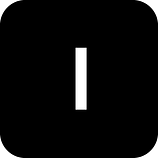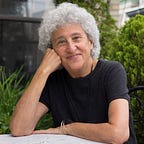Power Trip
When Big Soda Started Stalking Me
An unlikely gift from Russian hackers
 I love nutrition science. On my first teaching job, I was assigned to teach a nutrition course, and it was like falling in love. To this day, I love the intellectual challenge of figuring out what we eat, why we eat what we do, and how diets affect our health. I love the complexity of food issues and the passion people bring to every one of them. But I do not love the way the food industry has added an unnecessary complication: engaging nutrition professionals in marketing objectives, sometimes against the interests of public health.
I love nutrition science. On my first teaching job, I was assigned to teach a nutrition course, and it was like falling in love. To this day, I love the intellectual challenge of figuring out what we eat, why we eat what we do, and how diets affect our health. I love the complexity of food issues and the passion people bring to every one of them. But I do not love the way the food industry has added an unnecessary complication: engaging nutrition professionals in marketing objectives, sometimes against the interests of public health.
My new book, Unsavory Truth, is about how food, beverage, and supplement companies (collectively, food companies) fund nutrition researchers and practitioners and their professional associations, with the ultimate goal of promoting sales. This book appears at a time when scandals created by such funding make front-page news. Let me plunge right in with an unexpected — and highly surreal — example of why this topic should matter to all of us.
You may recall that during the especially contentious U.S. presidential race of 2016, hackers linked to the Russian government stole a trove of electronic messages from Democratic Party officials and posted them on the WikiLeaks website. They also stole emails…
